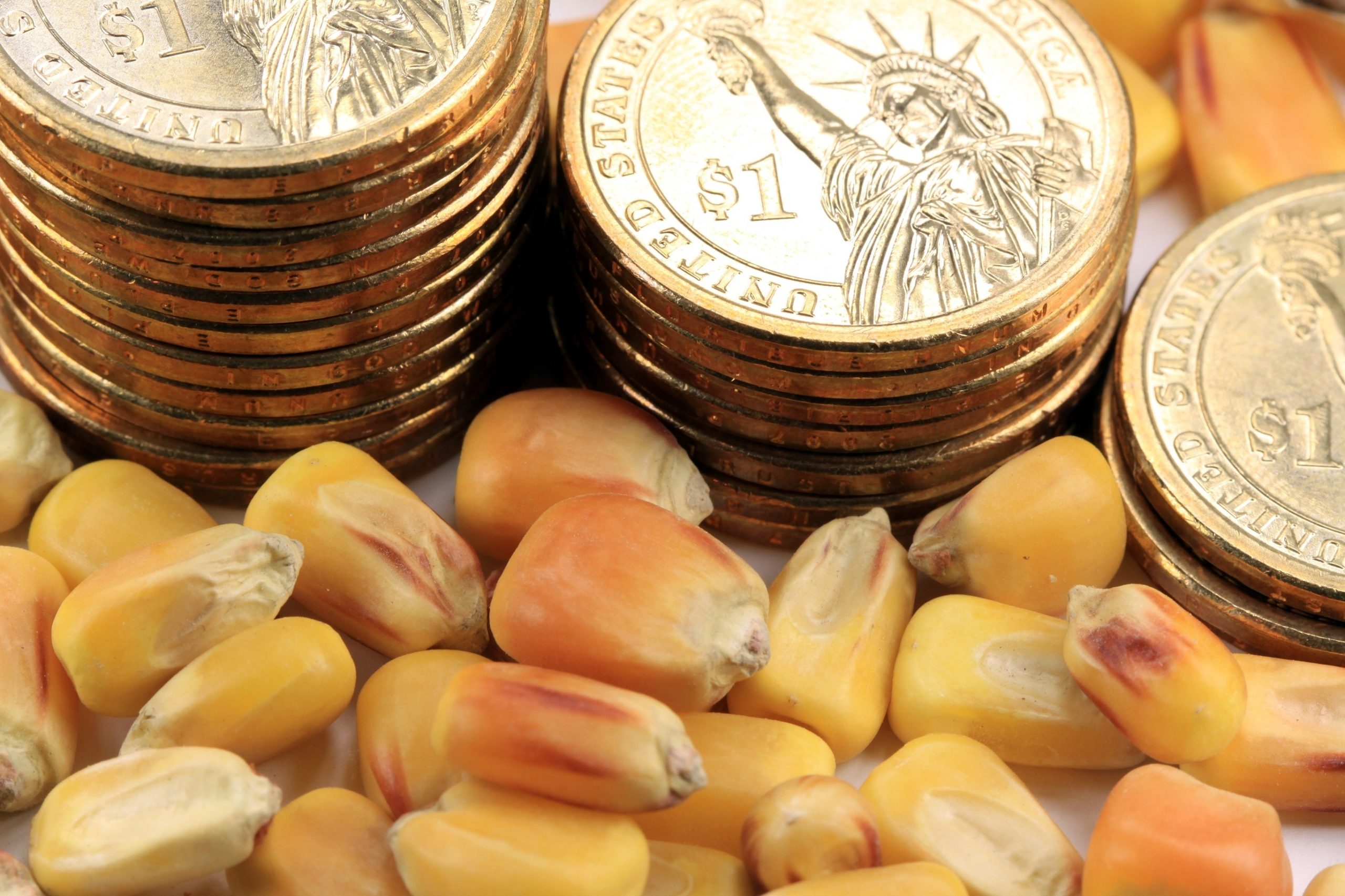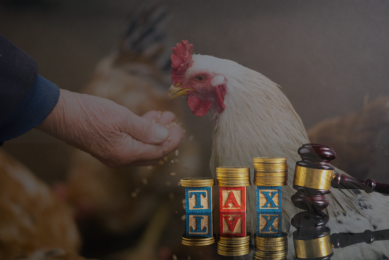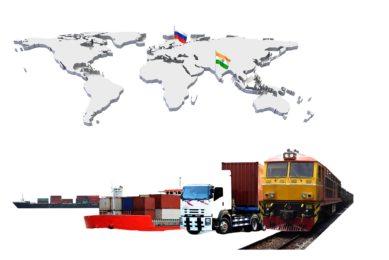US farmers get $ 12 billion in emergency relief

On 24 July, the US administration announced a $?12 billion emergency relief fund for farmers who are struggling as a result of escalating trade disputes.
Payments will be provided to producers of corn, cotton, dairy, pork, sorghum, soybeans and wheat and meant to ease the increasing financial burden that has resulted from recent trade disputes.
Working on long-term solutions
“This is a short-term solution to allow President Trump time to work on long-term trade deals to benefit agriculture and the entire US economy,” said Secretary of Agriculture Sonny Perdue said.
“The President promised to have the back of every American farmer and rancher, and he knows the importance of keeping our rural economy strong,” he continued. “Unfortunately, America’s hard-working agricultural producers have been treated unfairly by China’s illegal trading practices and have taken a disproportionate hit when it comes illegal retaliatory tariffs.”
Funding through 3 programmes
While details are not yet finalised, the USDA plans to distribute the funding through 3 programmes. The Market Facilitation Program will provide payments incrementally to producers of soybeans, sorghum, corn, wheat, cotton, dairy, and pigs. The goal is to help farmers manage disrupted markets and deal with surplus commodities. They also plant to use it to expand and develop new markets at home and abroad. In the second programme, the USDA plans to implement a Food Purchase and Distribution Program through the Agricultural Marketing Service to purchase unexpected surplus of affected commodities, such as fruits, nuts, rice, legumes, beef, pork and milk. This surplus, they said, will be distributed to food banks and used in other nutrition programmes. Finally, the USDA will use funding to establish a Trade Promotion Program administered by the Foreign Agriculture Service (FAS) in conjunction with the private sector. The goal is to develop new export markets for farm products.
Trump asks farmers to be patient
2 days after the administration’s announcement, President Trump visited Northeast Iowa Community College, which is situated in a small farming community in Peosta, Iowa. There he addressed a few outstanding questions related to agriculture. “The problem we have is, some country has a 50% tariff on our goods and we have none on them,” he said, pointing to China. “So, then we put on a 50% tariff and they get upset like it’s our fault. Let me tell you, some of these tariffs they put on us are like 200% or 250%.” During his speech, the President asked US farmers to be patient. Good news is coming, he said. But many American farmers and industry stakeholders are unhappy and impatient. Farmers for Free Trade, a non-profit dedicated to supporting and expanding export opportunities for American farms and ranches, for instance, released a statement almost immediately following the announcement. “Farmers across America depend on open markets and stable contracts for their livelihood,” said Executive Director Brian Kuehl. “The best relief for the president’s trade war would be ending the trade war. Farmers need contracts, not compensation, so they can create stability and plan for the future. This proposed action would only be a short-term attempt at masking the long-term damage caused by tariffs.”
Soy producers most impacted
Arguably, America’s soybean growers are most impacted by the trade war with China. In 2017, China imported 31% of US soybean production, equal to 60% of total US exports. The American Soybean Association (ASA) said finding a solution is critical for the soybean industry. “The American Soybean Association has consistently advised the Administration that the best way to reduce our Nation’s trade deficit is by increasing exports, including of agricultural products,” John Heisdorffer, ASA President, said in a press release. “Since the Administration has decided to use tariffs to address trade concerns with China, and China has retaliated, farmers don’t have time to wait to see how this trade war turns out.” Other associations voiced similar concerns and urged the President to “recognise this self-inflicted damage and “end the trade war immediately.”
US looks to EU as potential new trade partner
Earlier this year, the US put $ 3 billion worth of tariffs on EU steel and aluminium. The EU retaliated by putting $ 3 billion worth of tariffs on US agricultural goods, including corn, cranberries, orange juice and rice. But trade tensions have since eased. President Trump and EU Commission President Jean-Claude Juncker announced that the 2 had reached an agreement. The US promised to lift tariffs on non-auto industrial goods, while the EU promised to buy more US soybeans and liquefied natural gas. “We just opened up Europe to US farmers,” President Trump said at the 26 July meeting in Iowa. “I met with the European Union minister yesterday, and we signed a letter of intent to start a new relationship with them. I said to them, ‘Go buy our soybeans, no tariffs.’ It’s going to be really good for farmers. Europe is going to be very, very good. Believe me, you’re not going to be unhappy with Trump now.” Many of the Iowa event’s attendees did approve of the President’s actions, though. Fayette County corn and soybean farmer Tim Recker, for instance, supported the Administration imposing tariffs on incoming goods.
“President Trump is a master negotiator from his business background”
Ensure the nation’s agriculture
Recker told agriculture.com in a recent interview. “He uses tools nobody has used before. For the most part, tariffs are a bad thing with farmers because they restrict trade, but not in this case. The President knows how to use this tool.” US Secretary of Agriculture blamed the tariffs not on the President’s actions, but on foreign nations, and stands by the bailout. “USDA will not stand by while our hard-working agricultural producers bear the brunt of unfriendly tariffs enacted by foreign nations,” he said. “The programs we are announcing today help ensure our nation’s agriculture continues to feed the world and innovate to meet the demand.”
National Farmers Union tweet:
Soybean farmers have seen prices fall 20% since April due to tariffs. Though $12B in emergency aid will provide temporary relief, the long-term picture is bleaker – if American farmers don't have access to markets, prices will stay below production costs: https://t.co/VbnbTuYmN5 pic.twitter.com/UmJd0GFXxp
— National Farmers Union (@NFUDC) 25 juli 2018
Minnesota Soy Grower’s Association:
“We’d rather have trade. Any aid package, no matter what dollar amount, is a Band-Aid on an arterial bleed.” https://t.co/tP03j2zoEj
— MSGA (@MNSoyGrowers) 26 juli 2018
Farmer comments
SharkFarmer:
I've farmed when subsidies were my only disposable income.
It's not a living you want.— SharkFarmer (@sf28430) 24 juli 2018
Jaren McDaniel on public perception of farmers following the announcement:
Want to know what some of the general public opinions are of farmers?
Scroll through some of the responses to it
Pretty much “farmers voted him in and now their getting a bailout!” & “Hard working Americans need that money more than farmers!!”
Have fun with this one PR groups https://t.co/A4jbTCMOdg
— Jerod McDaniel (@jerodmcdaniel) 24 juli 2018
Faber:
Getting a government handout after messing up a market is like someone stealing your car, but let you drive it on Saturdays.
— Faber (@dfaber84) 25 juli 2018
Trump’s tweet about tariffs being the greatest:
Tariffs are the greatest! Either a country which has treated the United States unfairly on Trade negotiates a fair deal, or it gets hit with Tariffs. It’s as simple as that – and everybody’s talking! Remember, we are the “piggy bank” that’s being robbed. All will be Great!
— Donald J. Trump (@realDonaldTrump) 24 juli 2018











